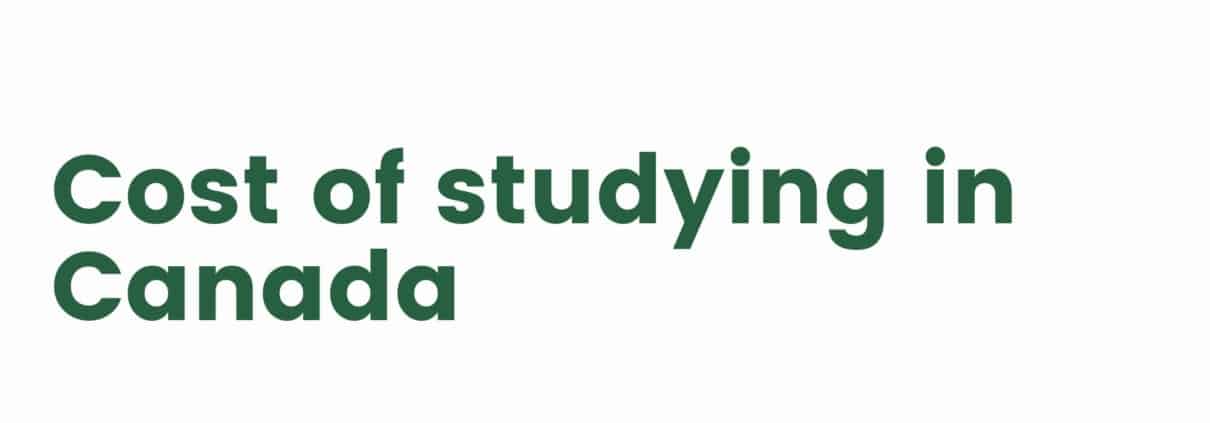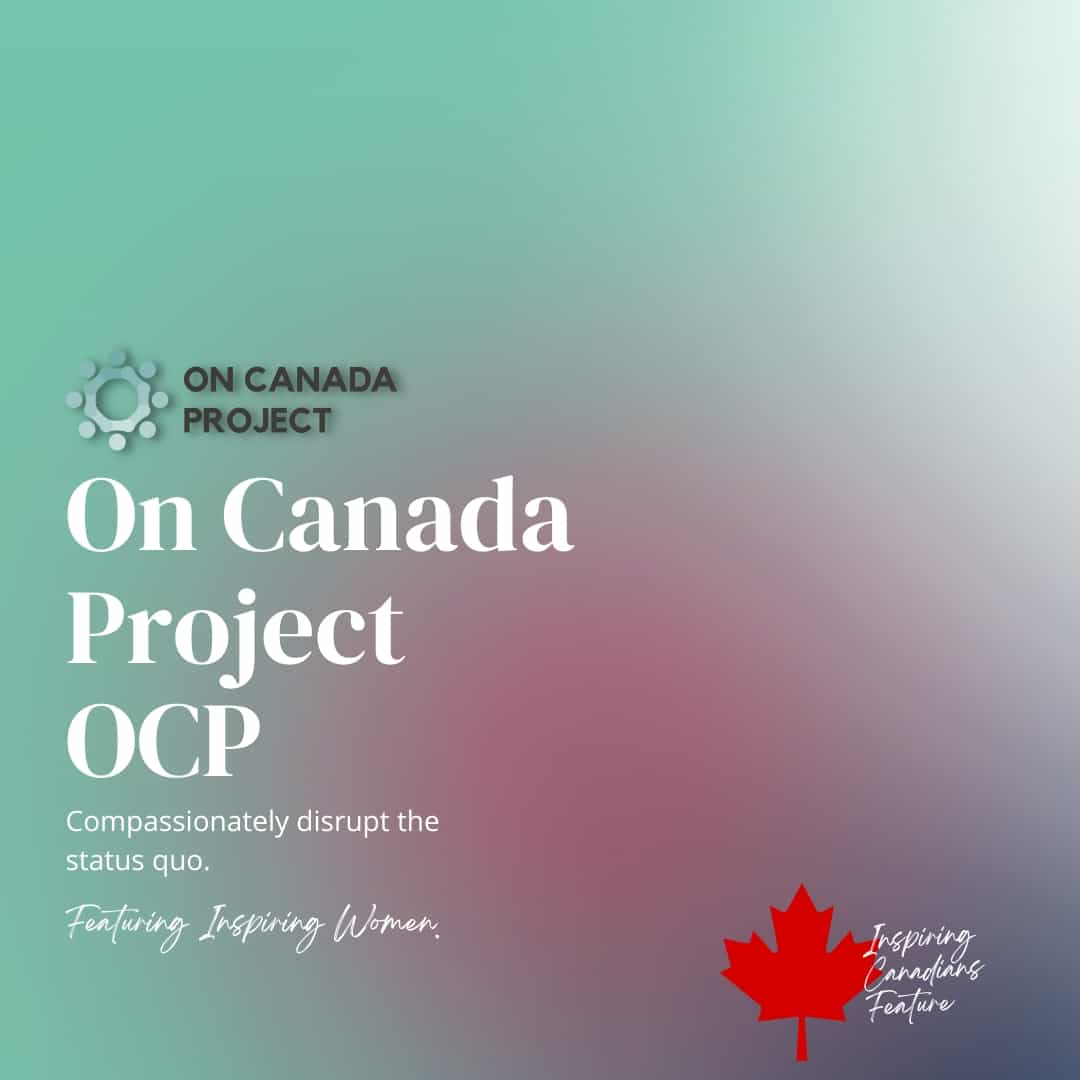Opening a restaurant is often considered to be a dream for aspiring entrepreneurs in Canada, but how much does it cost? As there are many different factors that go into starting and running this type of business, knowing what you can expect to pay is essential. In this blog post, we will take an in-depth look at the various costs associated with opening and operating a restaurant in Canada so that you can make an informed decision about whether or not this venture is right for you. Read on to learn more!
What Are The Costs Involved In Opening A Restaurant in Canada?
There are many different costs associated with opening and running a restaurant. These will vary based on the size of the restaurant, its location, and other factors. Generally speaking, some of the most common expenses include the following:
- Location
- Construction And Renovation
- Point of Sale System (POS)
- Acquiring Licenses and Permits
- Manpower
- Menu Design & Marketing
- Furniture
Location
Location is one of the most important factors to consider when opening a restaurant in Canada. The ideal location for a restaurant should be easy to access, have good foot traffic, and be attractive to potential customers. You should anticipate paying about $75,000 for the security deposit and the first six months of rent for a restaurant with an average size of 1,200 square feet. It’s also important to note that larger restaurant chains usually pay more for rent.
Construction And Renovation
Once you’ve found the right location, it’s time to think about the construction and renovation. Depending on the size of your restaurant and any remodeling or reconstruction needed, you may have to spend about $150,000 CAD on equipment and interior remodeling. This cost will vary based on materials, labor costs, and other factors.
Point of Sale System (POS)
A point-of-sale (POS) system is essential to accept payments from customers. This requires an initial cost of about $2,000 CAD to buy the software and hardware, plus an additional monthly fee for upgrades and maintenance. It’s important to research your options as some POS systems include more features than others and can be more expensive.
Acquiring Licenses and Permits
You will need to obtain various licenses and permits before you can open your restaurant in Canada. This includes a business license, liquor license, health permit, and more. The cost for these will vary depending on the type of restaurant you are operating and the city or province in which you are located. It’s best to contact your local government office for an exact estimate.

Manpower
In addition to the required permits, you will also need manpower to run your restaurant. This includes hiring a manager, wait staff, cooks, dishwashers, cleaners, and other employees. Depending on the size of your restaurant, you can expect to pay an average of $12-15 per hour for each employee. Further, you will need to factor in the cost of insurance and benefits for your employees. And if you are hiring a manager or other specialized professionals, the cost will be higher.
Menu Design & Marketing
A great menu is essential for any restaurant, so you should hire an experienced designer. Additionally, you will need to invest in marketing and promotional materials to draw customers to your restaurant. The cost of this will depend on the type of branding and marketing you choose. It’s important to research all of your options carefully so that you can get the best value for your money. Also, don’t forget to include the cost of ingredients when creating your menu.
Furniture
Finally, you will need to invest in furniture for your restaurant. This includes tables, chairs, booths, bar stools, and more. The cost of the furniture will vary depending on the size of your restaurant and the type of furniture you choose. You should budget at least $2,000 CAD for basic furnishings. You may need to spend more depending on the size of your restaurant and the quality of materials you choose.
These are some of the most common expenses to consider when opening a restaurant in Canada. Each factor will vary depending on the size, location, and type of restaurant you’re opening. Be sure to research all of your options carefully before making any major investments. You can set your restaurant up for success with proper planning and preparation.
Is a Restaurant a Profitable Business in Canada?
Yes, a restaurant can be a very profitable business in Canada. The success of your restaurant depends on your location, menu, marketing strategy, and customer service. If you build a strong following and provide quality food and services, your restaurant can be profitable in Canada. Additionally, numerous government programs and grants are available to help you get started. With the right combination of hard work, creativity, and financial planning, your restaurant can be a success.
How Much Is a Food License in Canada?
The cost of a food license in Canada depends on the type of restaurant and the province or city where it’s located. Generally, you can expect to pay around $250 for a basic food license, valid for 2 years. It’s important to contact your local government office for more information regarding specific licensing requirements and fees. Additionally, you may need to obtain other licenses or permits, such as a liquor license or health permit. Be sure to carefully research your options before making any final decisions.
Bottom Line
Opening and running a restaurant in Canada can be an expensive process. It’s important to do your research and ensure you understand all the costs involved. You should factor in the location, construction and renovation, point of sale system (POS), acquiring licenses and permits, manpower, menu design and marketing, and furniture. All of these costs will add up quickly, so it’s important to budget carefully. It’s also important to remember that it takes hard work and dedication to make your restaurant successful. With the right combination of planning, creativity, and financial management, your restaurant can be a success.






 Are you new to Canada and studying at a Canadian institution? Or are you about to embark on your studies here? If so, you should read these top tips! These tips will help make your transition smoother and help you get the most out of your Canadian education. Moreover, they’ll also make it easier for you to adjust to life in Canada and explore its rich culture.
Are you new to Canada and studying at a Canadian institution? Or are you about to embark on your studies here? If so, you should read these top tips! These tips will help make your transition smoother and help you get the most out of your Canadian education. Moreover, they’ll also make it easier for you to adjust to life in Canada and explore its rich culture.












